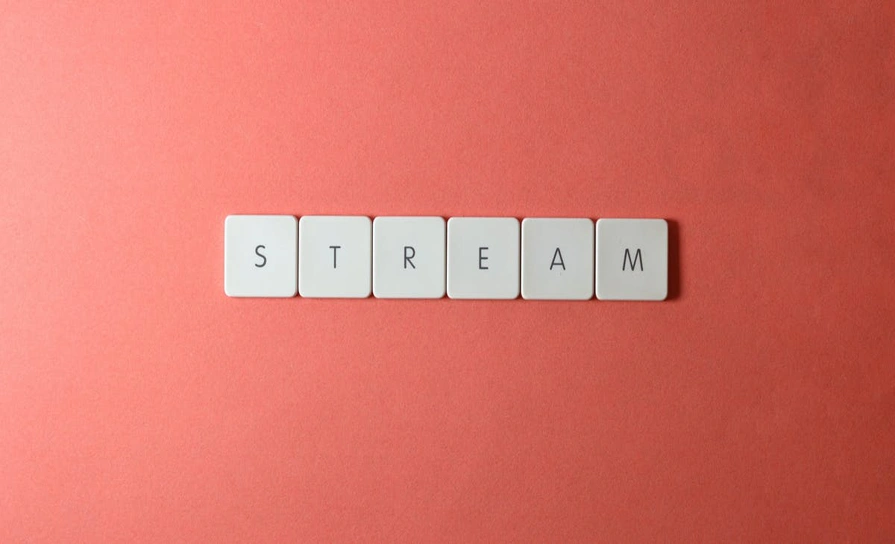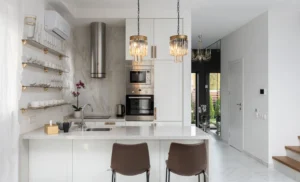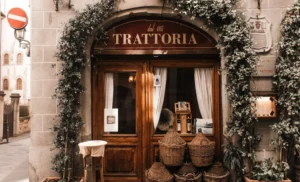The IRS is often contacted by clients at the beginning of a tax audit to gain access to their safe deposit box however, they are only allowed to inspect the contents of this box if the individual consented.
Who can access your safe deposit box? The IRS can! This is a violation of the Fourth Amendment. Our locksmith company knows how to get into safety deposit boxes and keep your privacy in mind. Whether you were engaged or not, the IRS can still get your safe deposit box. You might have to pay a fine or penalties if they find items in your box that are related to your tax evasion.
The IRS has the right to access your safe deposit box in order to collect taxes if you owe it. If they believe they have a valid reason, they can force their way into your box and collect the money within whichever time limit they specify.
Locksmiths can help keep your property safe by providing a variety of services, including opening and closing boxes and safes at the bank. If you place something in your safe deposit box, you should make sure that the box is locked with some type of combination lock or other means so that even if someone steals it, they won’t be able to open it.
The Internal Revenue Service doesn’t have a key to your safe deposit box, but that doesn’t mean that you should give them one. You can avoid the risk of personal information falling into the wrong hands by securing your safe deposit box with a high-security lock.
What does the word “safe deposit box” mean?
A “safe deposit box” is a small, locked and sometimes permanently affixed safe that people use to store important documents or valuables in. The word “safe” relates to the idea of keeping something from harm’s way. A safe-deposit box is a secure locked container, usually made of metal and kept at a bank or financial institution, where valuables can be deposited.
The term “safe” in this case means that it is either locked or the contents are insured against loss and theft. A safe deposit box is a place where you can put your money and valuable items, so that if anything happens to you or your home, it will still be there.
It is usually located in a bank, vault facility, police station, or other safe place. A “safe deposit box” is a place you can keep important documents and valuables safe when you’re not there. It’s where you’ll put money for a wedding, your life insurance policy, or anything else that might be too big to buy in one go.
A safe deposit box is a physical storage space provided by a bank or similar financial institution. It’s not just a metal box filled with important documents, but it also offers physical protection for the contents.
A safe deposit box is a type of bank storage container for valuables and important papers. The boxes are usually located in bank vaults, which require a small fee to access.
What happens to old safety deposit boxes?
Most of the time when people shop for new safety deposit boxes they get a new one. The deposit box is taken out of service and discarded after its use is done. Safety deposit boxes used to be in vaults with walls that were high enough to prevent anyone from getting inside.
Now, most safety deposit boxes are just like any other kind of lock box. They are left standing on the ground, and you can pick them up similarly as an unlocked locker. Safety deposit boxes that are no longer needed can be sold on eBay and other sites.
This is a great way to get rid of old items, but also potentially find some great bargains! When a safe deposit box is emptied and the bank decides to empty it, they will send out their team of people to collect all the items from. This destination can be your home, a storage unit, or even your closest relative.
If you live in a small town where there isn’t enough room for all the items, this is where banks become creative in finding places for these precious possessions. There are a lot of safety deposit boxes that people leave behind when they move. These boxes often contain important documents, jewelry, and gems.
It is important to make sure these boxes are not thrown out or left at the curb when they need to be disposed of properly. When it’s time to upgrade your safe deposit box, you’ll want to make sure that you’re not losing any important information.
If you are looking for a locksmith service to help, they will remove the contents of your old safe deposit box and store them in a new place while giving you the key and back-up keys to both old and new boxes.
Are safety deposit boxes protected by the FDIC?
The FDIC’s insurance coverage is up to $250,000 per account holder. However, the FDIC also says that it does not cover any cash or coin in a safe deposit box, only the contents of the safe deposit box itself. If your money and valuables are stolen from your bank account, you will not be able to claim on your insurance since that money was never actually in your possession.
This is a question that many people may have during the holiday season. There are many places that offer safety deposit boxes, but few of them are covered by the FDIC. The FDIC is a federal deposit insurance corporation.
They help protect consumers from any financial losses due to bank failure. This means that your money is protected if the bank fails, and it’s not insured by this agency. When considering whether you should use a safe deposit box, the security offered by this option should be taken into consideration.
With that said, a safe deposit box is not protected by the FDIC, which means if you store your valuables in one, it’s at your own risk. The FDIC stands for the Federal Deposit Insurance Corporation, which is an organization that protects your money in banks and savings institutions.
The FDIC insures deposits up to $250,000. If a bank goes out of business or closes its doors, you are still eligible for your money back as long as you have proof of your bank account ownership. Banks that are FDIC insured are required to hold deposits in these boxes. These deposits usually include checks, savings accounts, and other types of financial assets.
The FDIC protects deposit accounts, including safety deposit boxes, with a maximum insurance limit of $250,000. The FDIC has regulations that require banks to disclose all information about the FDIC insurance coverage and any changes.
Keep in mind that the insurance on your safe deposit box is not affected by where or how you use it, so if you have a safe deposit box at work or even in your home for personal reasons, the coverage will be valid.
Is the correct term safe deposit box or safe deposit box?
A safe deposit box is a secure container that contains cash, documents, or valuables. In some countries, it includes securities as well. A safe deposit box can be rented or owned by a bank. The term is commonly used in the United States to refer to a physical building containing many lockers which can be rented out by banks.
The term “safe deposit box” is used more than the phrase “safe deposit box.”. However, there are many other phrases that can refer to a safe. A “gun safe” or a “lock box” would be two examples of safe deposit boxes. There are different terms used to describe the same concept.
A safe deposit box is a metal box that is locked and can only be opened by a bank employee. While the term “safe deposit box” refers to anything that is deposited, it also refers to a specific type of deposit.
When discussing the terms “safe deposit box” or “safe deposit box”, some people say that safe deposit box is the correct term, while others say that safe deposit boxes is more appropriate. It can help to know which term you should use in any given situation. Safe deposit boxes are usually locked metal boxes in which you can keep important documents and valuables.
There is no definitive rule on how to spell the word safe. Most people tend to use “safe” with a small “s,” but most dictionaries use “safe” with a capital S. Safe deposit boxes are a type of storage unit that individuals may use to store valuables. Safe deposit boxes are often used in banks, financial institutions, and other business organizations.






